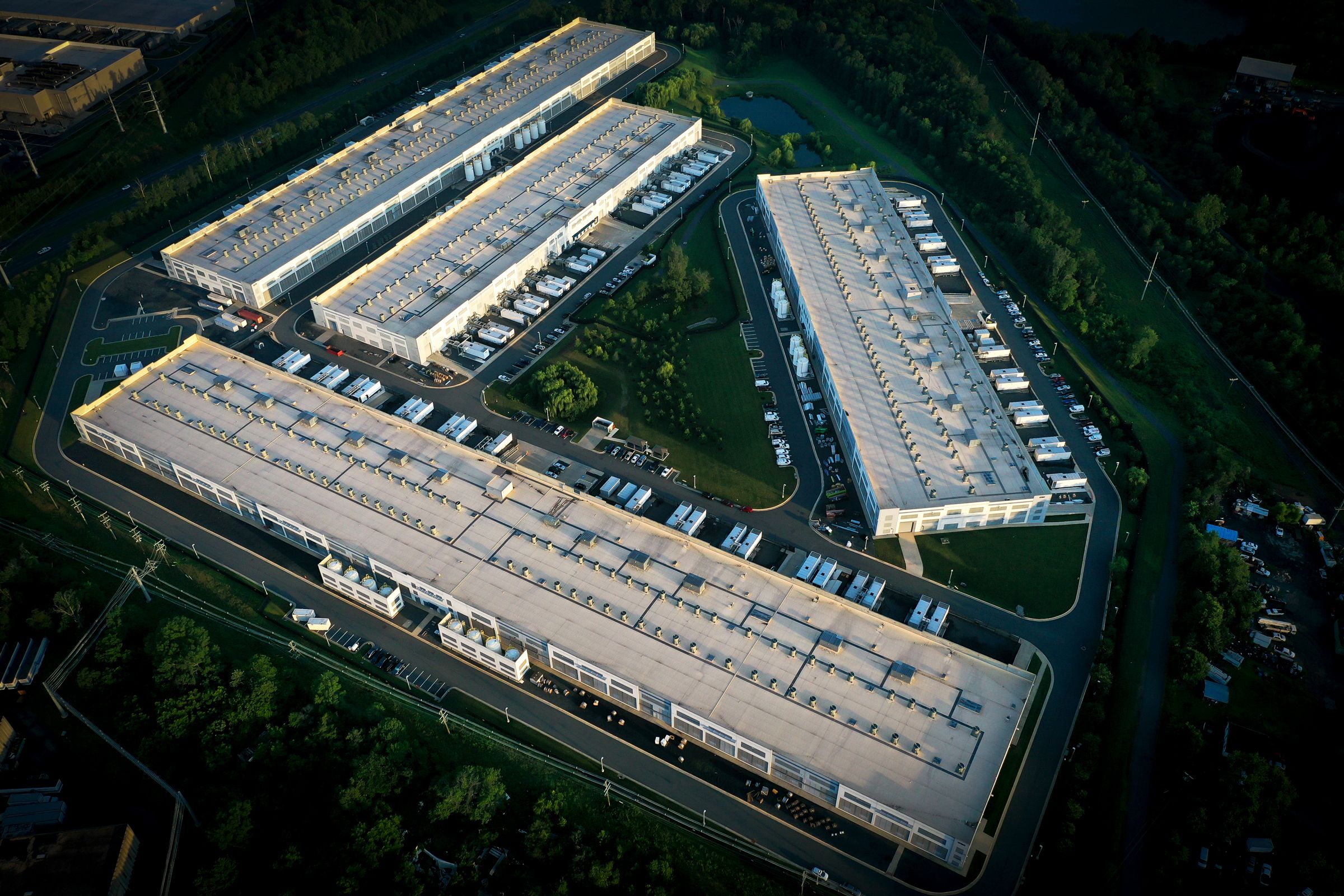Big Tech Asked for Looser Clean Water Act Permitting. Trump Wants to Give It to Them
Big Tech Asked for Looser Clean Water Act Permitting. Trump Wants to Give It to Them
In a controversial move, big tech companies have requested looser regulations under the Clean Water…

Big Tech Asked for Looser Clean Water Act Permitting. Trump Wants to Give It to Them
In a controversial move, big tech companies have requested looser regulations under the Clean Water Act to facilitate their operations. These companies argue that current permitting processes are too strict and hinder their ability to innovate and expand.
President Trump has expressed support for these requests, signaling his intention to make changes to the Clean Water Act that would benefit big tech companies. Environmental groups have raised concerns about the potential negative impact of these changes on water quality and ecosystems.
The Clean Water Act, passed in 1972, is meant to protect and restore the nation’s waters by regulating the discharge of pollutants into waterways. Loosening permitting requirements could lead to increased industrial pollution and harm to aquatic ecosystems.
Supporters of the changes argue that easing regulations will promote economic growth and create jobs in the tech industry. However, critics warn that the environmental costs could outweigh any potential benefits.
As the debate over Clean Water Act permitting continues, it remains to be seen how the Trump administration will proceed. Big tech companies are keeping a close eye on developments, hoping for favorable outcomes that will allow them to operate more freely.
Environmental activists are also closely monitoring the situation, ready to push back against any changes that could degrade water quality and harm wildlife. The outcome of this debate will have far-reaching consequences for both industry and the environment.
It is up to policymakers and regulators to carefully consider the potential impacts of loosening Clean Water Act permitting requirements and make decisions that strike a balance between economic growth and environmental protection.





